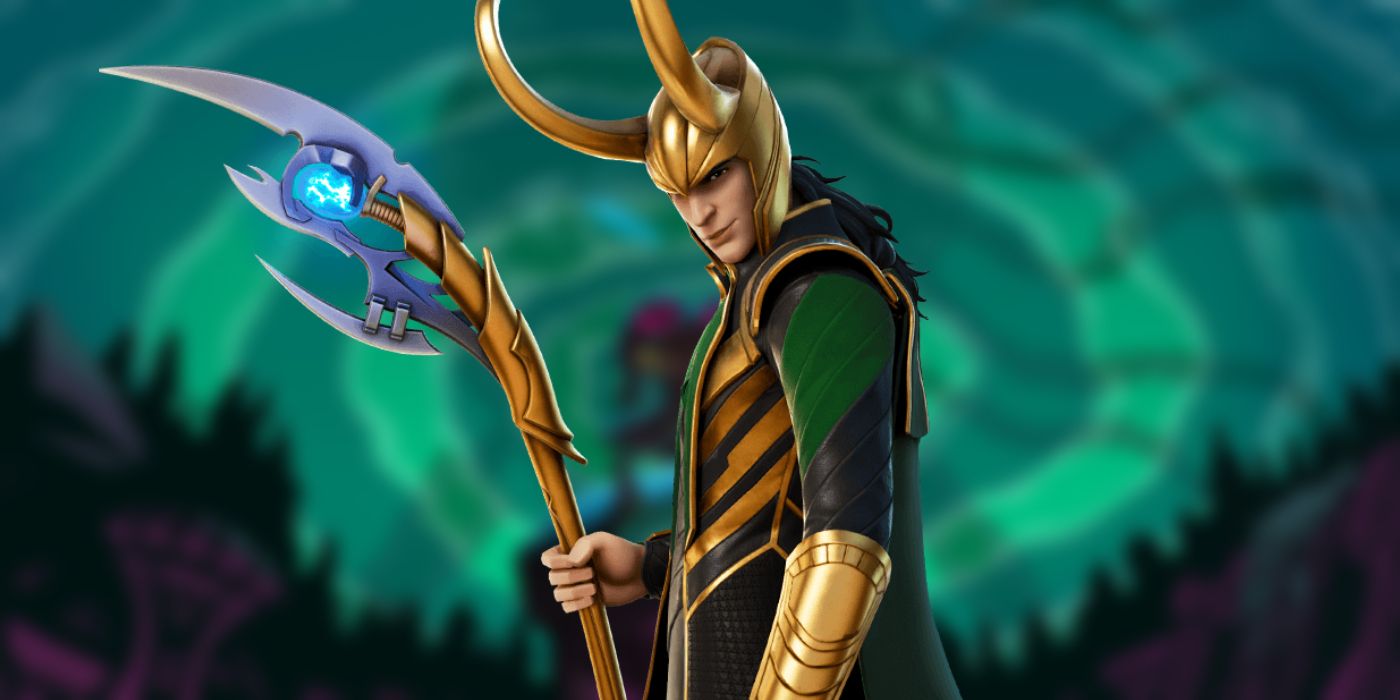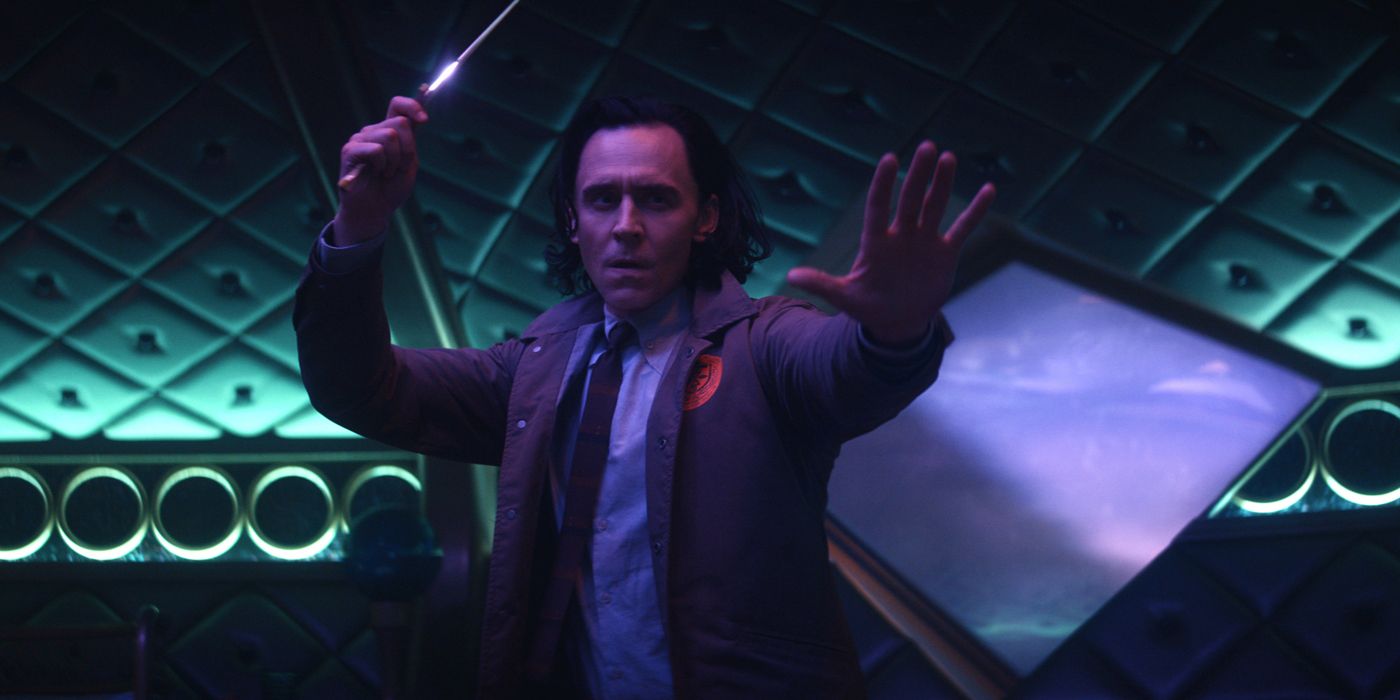The early 2000s saw the release of Raven Software dungeon crawlers X-Men Legends and Marvel: Ultimate Alliance, but in the thriving comic book movie marketplace of the 2010s and now 2020s, Marvel characters have been largely absent from AAA video games - aside from mobile releases and tie-ins with existing game franchises. 2020's Marvel's Avengers, poorly received as it may have been, seems to have begun changing that, and Loki, star of the Disney+ series that bears his name, is a prime candidate for a video game.
Based on the Marvel Comics character inspired by Norse mythology, Loki altered the scale and scope of the MCU during the transition from the Infinity Saga to Phase Four. A story as simultaneously specific and far-reaching as Loki's has great potential for a video game, whether tightly or loosely tied into the show's narrative. Still, though a direct tie-in could work, the ideal Loki video game would tell a new, time-hopping storyline that does not follow the show; it could even follow a different variant than the show's, which would help make sense of Loki's inevitably different appearance.
As far as gameplay goes - while Loki is an able combatant, his personality is defined by his charm and his penchant for lies and manipulation, so a Loki video game would need to be about thinking things through, rather than all-out combat. Perhaps a turn-based, tactical game would work best, with Loki summoning allies or illusions to fight alongside him. Instead, however, it could also incorporate stealth and/or platforming that sees Loki's abilities interacting differently with each stage, a la Psychonauts or It Takes Two.
A Loki Game Should Ditch Open Worlds & Try Unique Level Design
A Loki game should generally pull mechanics from several genres to expresses its narrative themes through gameplay, as games focused on psychology and trauma like Psychonauts and Persona do. It could tell its story through deep character interactions at a hub world, such as the Time Variance Authority headquarters or the Asgardian Refugee Mission spaceship, then see gameplay take place in modular levels rather than an open world.
Whether a Loki game would be more action adventure or RPG, its play spaces should feel distinct. It would benefit from a map that changes completely after key plot points, for instance - something that would be in line with the way the show concluded - but it could also take advantage of procedural generation to allow for experimentation and replayability. This would tie into the themes of the show, as its randomly changing worlds would reflect changes in parts of the timeline. This could work particularly well in a Loki roguelike, but it could also simply provide a wrinkle of appropriate flavor to any dimension-hopping Loki game.


